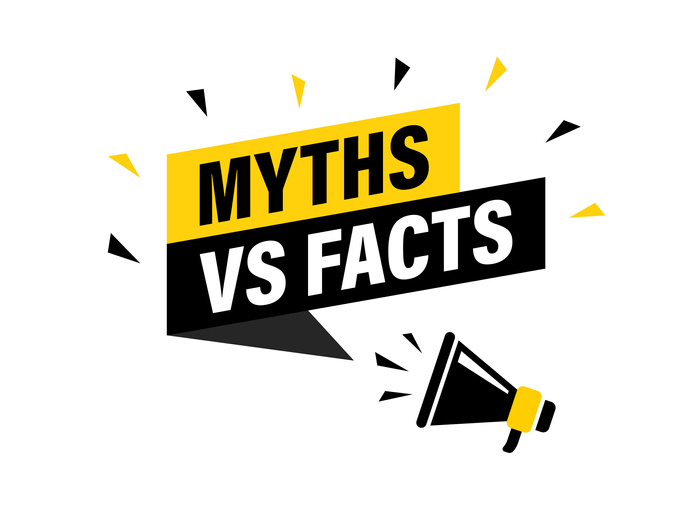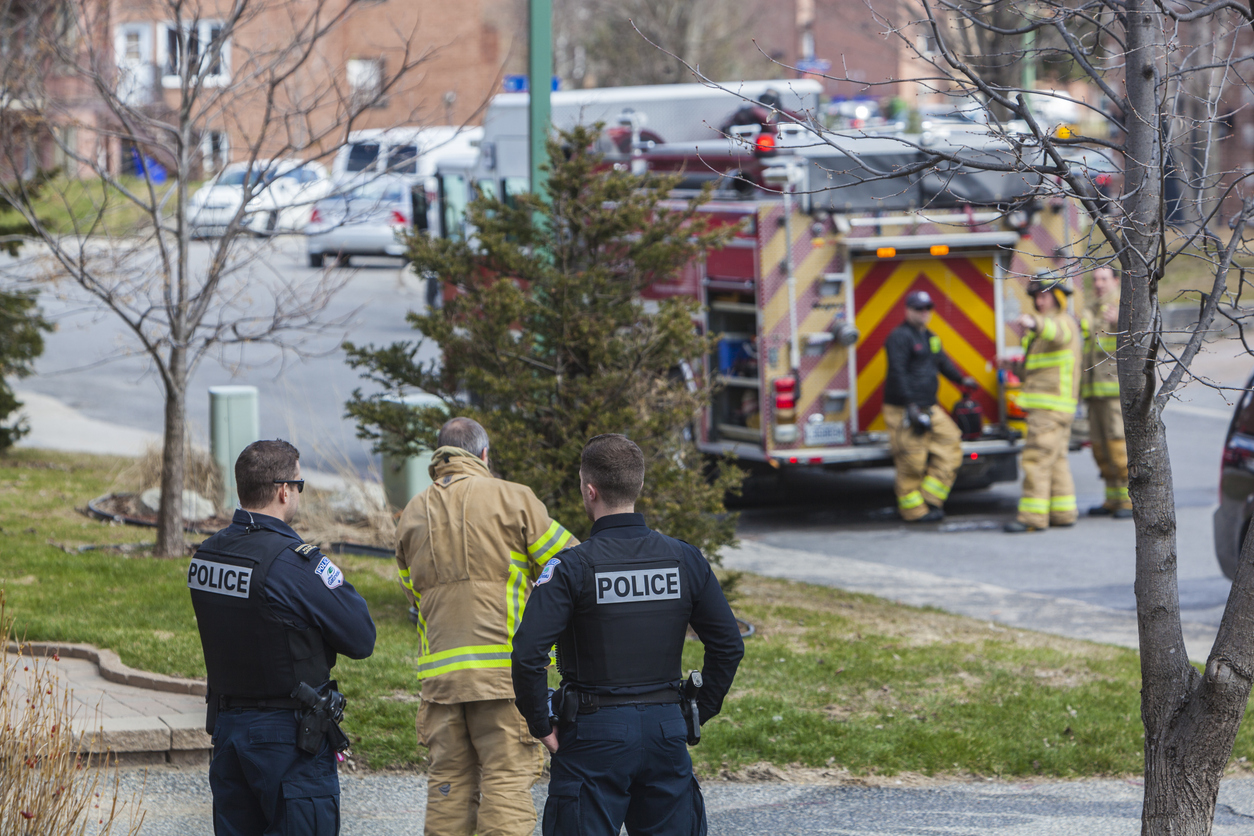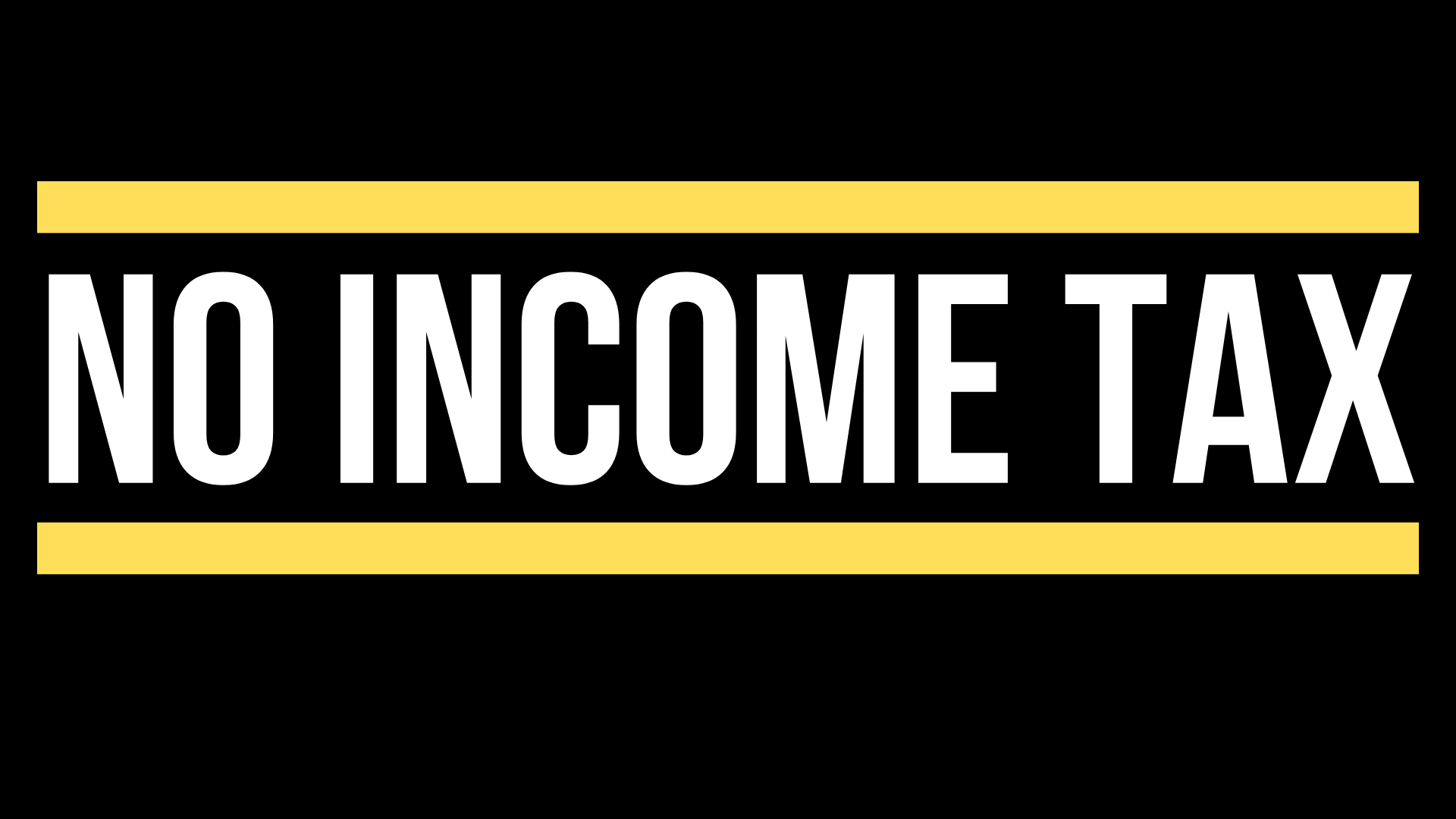On February 4, Douglas County Superior Court will hold a summary judgment hearing on the capital gains income tax lawsuit. I’ve been told TVW plans to broadcast the hearing. Finals briefs are due on January 21. Yesterday I highlighted the Attorney General’s surprising request to strike from the court record a letter from the IRS, documented emails with state revenue departments, and Washington state public records describing a capital gains tax as an income tax. Now let’s take a look at the latest arguments from plaintiffs.
Here are some of the notable pull quotes from the plaintiffs’ January 7 brief:
- “Second, the State and Education Parties attempt to recast how the capital gains tax actually works in order to fit their argument that ESSB 5096 created an excise tax, not a tax on property. But despite the Legislature’s saying so, the capital gains tax is not imposed only on the transactional activity of selling or exchanging long-term capital assets. It requires no voluntary action by the taxpayer. And, unlike excise taxes, the measure of the capital gains tax is the amount of gains reported on federal income tax returns, not the measure of the transaction purportedly being taxed. The capital gains tax is imposed annually on an individual’s reported long-term capital gains income. ESSB 5096 created a tax on income, which our Supreme Court has held is a property tax. Since the tax is levied on income—property— under Washington’s Constitution it must satisfy Article VII’s uniformity and rate limitation requirements. The capital gains tax violates both requirements—and the State’s motion offers no argument otherwise.”
- “This capital gains tax is just the latest in a long string of failed efforts to impose an income tax in Washington. But each time, Washington’s voters have rejected each effort. Since 1934, Washington voters have turned aside six proposed constitutional amendments that would have allowed graduated taxes on income. The voters have also rejected four statewide initiatives to codify an income tax by statute. The most recent effort was I-1098 in 2010, which concerned establishing a state income tax and reducing other taxes, where Washington voters rejected a proposed income tax by a decisive margin of 64 percent opposed. Indeed, in an advisory vote in the November 2021 election, the voters rejected this capital gains tax by a margin of 61 percent to 39 percent.”
- “ESSB 5096 imposes a tax on capital gains income and is therefore a tax on property under the Washington Constitution as interpreted by the Supreme Court in a long series of binding precedents. In order to claim ESSB 5096 instead imposes an excise tax, the State has to ignore how the capital gains tax actually works: by taxing the capital gains realized by Washington’s individual taxpayers and reported to the federal government on annual basis. But, contrary to the State’s assertion, ESSB 5096 does not actually impose a tax on the privilege of selling or exchanging property in the state. If it did, then the capital gains tax would be imposed on every taxpayer who voluntarily acts and it would be imposed only to the extent to which the taxpayer enjoys the privilege of engaging in those actions within the state.”
- “Unlike the real estate excise tax or the retailing B&O tax, the measure of the capital gains tax at issue here is not measured by the value of the sale or exchange of long-term capital assets, which the State never addresses. Instead, the capital gains tax is measured by an individual’s total, annual long-term Washington capital gains for the federal taxable year . . . In other words, the capital gains tax is measured by the amount of the individual’s net income earned from the sale or exchange of long-term assets and reported on the individual’s federal income tax return over the course of one tax year. The capital gains tax is a tax on annual income.”
- “The Education Parties ask this Court not only to overrule the Supreme Court, but to substitute its judgment for the repeatedly expressed will of the people. Washington voters have rejected six proposed amendments to the Constitution and four statewide initiatives to codify an income tax by statute. The voters have said, over and over, that the courts got it right in Culliton, Jensen, and Huntley. None of the interests offered by the Education Parties is sufficient to amend the Constitution by judicial fiat when the voters have repeatedly declined to do so. In sum, the Education Parties do not cite a single decision of any Washington court suggesting Culliton was either ‘incorrect’ or undermined by an eroded legal foundation. This Court is bound to apply the binding precedent—acknowledged by the Education Parties—which holds that the two-tiered tax on capital gains income violates the Washington Constitution’s uniformity clause and one-percent ceiling on property taxes.”
I’ll highlight anything of note from the final legal briefs after they are filed on January 21.
Additional Information
Attorney General can’t handle the truth about capital gains income taxes
Briefs filed in capital gains income tax lawsuit
First amicus brief filed in capital gains income tax case
BIAW and Cattlemen’s Association file capital gains income tax amicus
Capital gains income tax quotes – who said it?
Capital gains income tax interview with University of Washington tax expert Professor Schumacher
Tax Foundation: Why Washington State Can’t Claim Its Capital Gains Tax Is an Excise Tax






